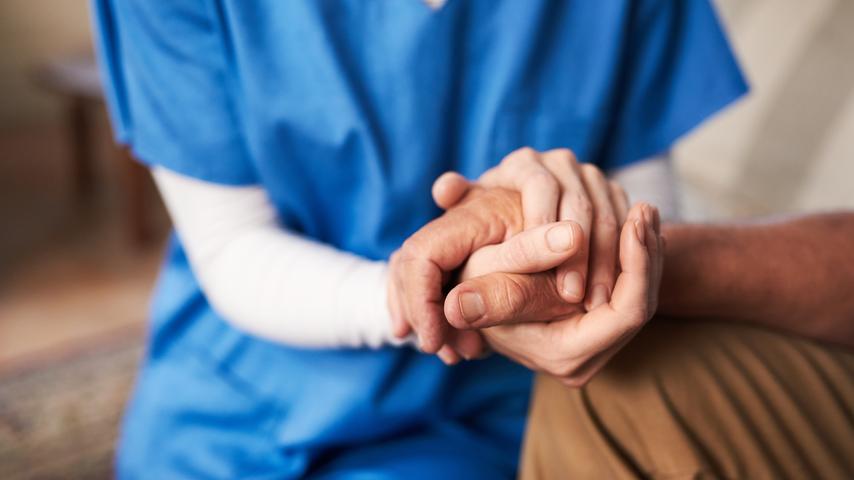Need Help
For enquiries please call
WhatsApp

L.B. Nagar,
Hyderabad
Lakdi-Ka-Pul,
Hyderabad
Parel,
Mumbai
Kengeri,
Bengaluru
Perumbakkam – Sholinganallur,
Chennai
L.B. Nagar,
Hyderabad
Lakdi-Ka-Pul,
Hyderabad
Parel,
Mumbai
Kengeri,
Bengaluru
Perumbakkam – Sholinganallur,
Chennai
Heartburn is a feeling of burning sensation and intense pain in your chest, just behind your breastbone. The pain often gets worse after eating in the evening or when lying down or bending over. Casual or random heartburn is common and has no cause for alarm. Most people experience the discomfort of heartburn on their own with lifestyle changes and over-the-counter medications. Heartburn that may come more frequently can interfere with your daily activity that can be a symptom of a more serious condition that requires urgent medical care.
The most common symptom of heartburn tends to feel warmth, heat or burning in the chest and throat. This may be due to the stomach releases the acid flowing back up into the oesophagus. Some symptoms of heartburn may include as:
If you feel heartburn for a long time, it may be a sign of a more severe condition known as gastroesophageal reflux disease. A doctor is able to find whether it's GERD that causing the heartburn from your symptoms. With the help of the tests, the doctor will find the how serious condition is and may do several tests, including:
Occasional heartburn isn't dangerous. But GERD can sometimes give you serious problems which cannot be avoided, such as:
Heartburn occurs most frequently and interferes in a daily life activity which is considered gastroesophageal reflux disease (GERD). This treatment may require prescription medications and surgery, or other medical procedures.
To prevent heartburn, it's best to avoid lying down for at least two hours after also eating, avoid fats, sweets, chocolates and citrus foods. Antacid medications may ease symptoms immediately. Other medications such as omeprazole and avoid taking longer to work but may provide more effective relief.
See a doctor immediately if you:
A person may discover symptoms of heartburn by using these drugs, which are:
Mild cases of acid reflux can usually be prevented by adopting a few lifestyle changes in your daily activity.
Contact your doctor if you have any of the following heartburn or gastroesophageal reflux disease symptoms or conditions.
Drinking water during the later stages of digestion can reduce acidity and GERD symptoms.
Mild heartburn occurs after eating spicy or acidic food, which lasts until the food gets digested.

Indian Standard for Hospital Accreditation

Indian Standard for Blood Bank Accreditation
For enquiries please call